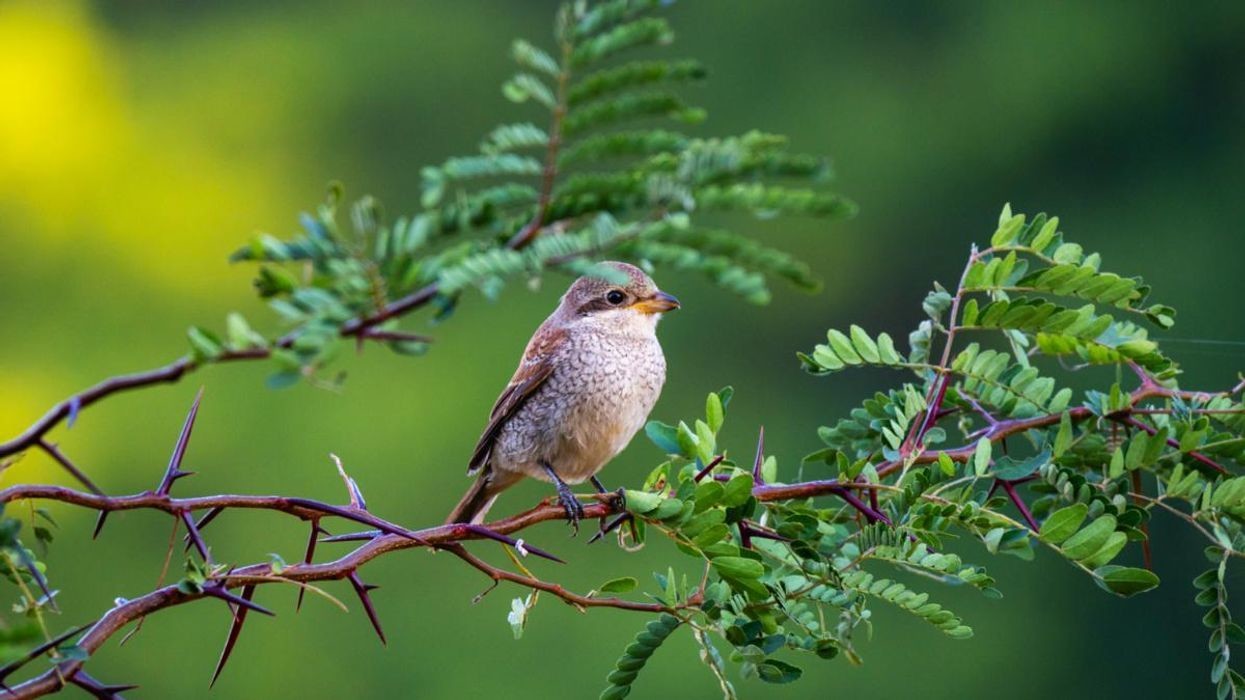Being around birds linked to higher happiness levels

Something to sing about? Image: TorriPhoto

Get involved with our crowdsourced digital platform to deliver impact at scale
Stay up to date:
Mental Health
- Greater bird biodiversity can make people more joyful, according to a study published in Ecological Economics.
- The happiest Europeans are those who see the most bird species in their day-to-day life.
- The authors calculated that being around 14 additional bird species provided as much satisfaction as earning an additional $150 a month.
A new study reveals that greater bird biodiversity brings greater joy to people, according to recent findings from the German Center for Integrative Biodiversity Research. In fact, scientists concluded that conservation is just as important for human well-being as financial security.
The study, published in Ecological Economics, focused on European residents, and determined that happiness correlated with a specific number of bird species.
"According to our findings, the happiest Europeans are those who can experience numerous different bird species in their daily life, or who live in near-natural surroundings that are home to many species," says lead author Joel Methorst, a doctoral researcher at the Senckenberg Biodiversity and Climate Research Center, the iDiv and the Goethe University in Frankfurt.
The authors calculated that being around fourteen additional bird species provided as much satisfaction as earning an additional $150 a month.

For the study, researchers used data from the 2012 "European Quality of Life Survey" to explore the connection between species diversity around homes, towns and cites, and how it relates to satisfaction. More than 26,000 adults from 26 European countries were surveyed.
According to the study authors, birds are some of the best indicators of biological diversity in any given area because they are usually seen or heard in their environments, especially in urban areas. However, more bird species were found near natural green spaces, forested areas and bodies of water.
In the U.S., birding has become a more common and accessible hobby during the pandemic.
Although not new, thousands of amateurs and expert birders participate in Audubon's long-running annual Christmas Bird Count, a three-week activity to count birds in a specific area for the group's data compilation.
"Nature conservation therefore not only ensures our material basis of life, but it also constitutes an investment in the well-being of us all," says Methorst.
Don't miss any update on this topic
Create a free account and access your personalized content collection with our latest publications and analyses.
License and Republishing
World Economic Forum articles may be republished in accordance with the Creative Commons Attribution-NonCommercial-NoDerivatives 4.0 International Public License, and in accordance with our Terms of Use.
The views expressed in this article are those of the author alone and not the World Economic Forum.
The Agenda Weekly
A weekly update of the most important issues driving the global agenda
You can unsubscribe at any time using the link in our emails. For more details, review our privacy policy.
More on Wellbeing and Mental HealthSee all
Kate Whiting
April 17, 2024
Adrian Gore
April 15, 2024
Fatemeh Aminpour, Ilan Katz and Jennifer Skattebol
April 15, 2024
Andrew Moose and Ruma Bhargava
April 5, 2024
Jacqueline Brassey, Lars Hartenstein, Patrick Simon and Barbara Jeffery
April 3, 2024






